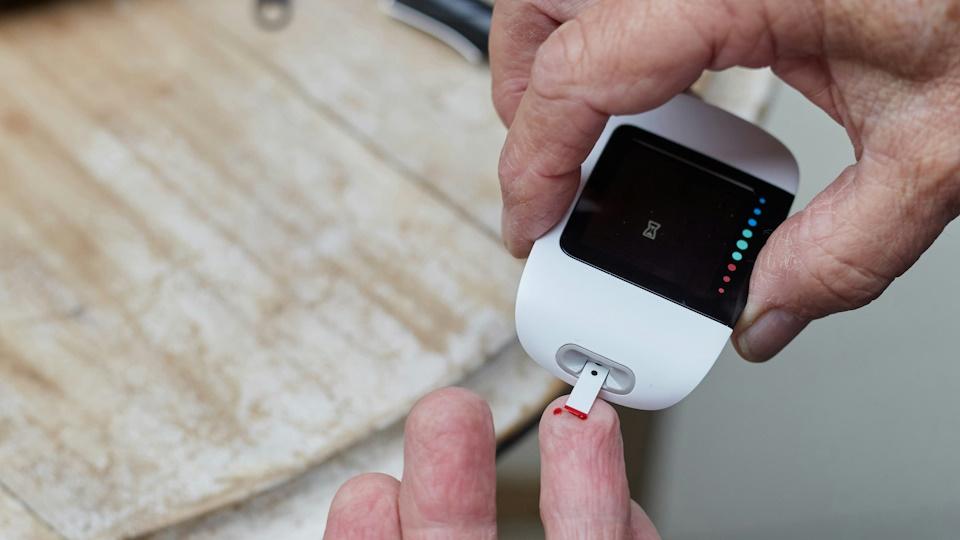Lilly says tirzepatide staves off diabetes in phase 3 trial

Eli Lilly's latest clinical readout for dual GIP/GLP-1 agonist tirzepatide is a big one, with data suggesting the drug can reduce the risk of developing type 2 diabetes in overweight and obese adults with pre-diabetes.
There's plenty of evidence to show that pre-diabetes – a higher-than-normal blood sugar level resulting from a level of insulin resistance that isn't high enough to be considered full-blown diabetes – can be reversed if patients commit to an intensive regimen of dietary restriction and exercise to shed weight.
The results from a sub-population of patients in Lilly's SURMOUNT-1 trial suggest that tirzepatide could provide an alternative that, at least in theory, could require less dramatic lifestyle changes.
In the 176-week study run over three years – which underpinned tirzepatide's approval for obesity last year – once-weekly injections of tirzepatide at three dose levels – 5, 10, and 15 mg – achieved a 94% reduction in the risk of progression to type 2 diabetes compared to placebo.
It also revealed stellar effects on weight, with patients on the highest dose losing 22.9% of their body weight on average over that period, while those on placebo shed 2.1%.
"Obesity is a chronic disease that puts nearly 900 million adults worldwide at an increased risk of other complications, such as type 2 diabetes," said Jeff Emmick, head of product development at Lilly. This data reinforces "the potential clinical benefits of long-term therapy for people living with obesity and pre-diabetes," he added.
The results could also unlock a potentially massive market for tirzepatide if it is approved as an option for overweight people with pre-diabetes. According to the US Centers for Disease Control and Prevention (CDC), one in three Americans – roughly 98 million people – are in the pre-diabetes category, and two-thirds of them go on to develop diabetes.
The drug is already approved as Mounjaro for type 2 diabetes and as Zepbound for obesity, contributing nearly $5 billion and $1.5 billion, respectively, to Lilly's total revenues of just over $20 billion in the first half of the year.
Growth has also started to outstrip that of rival therapies Ozempic and Wegovy from Novo Nordisk, based on GLP-1 agonist semaglutide, chipping away at their lead in the market.
Lilly said it plans to report detailed results from SURMOUNT-1 at ObesityWeek 2024, which will take place between the 3rd to 6th November in San Antonio, Texas.
Photo by Sweet Life on Unsplash











